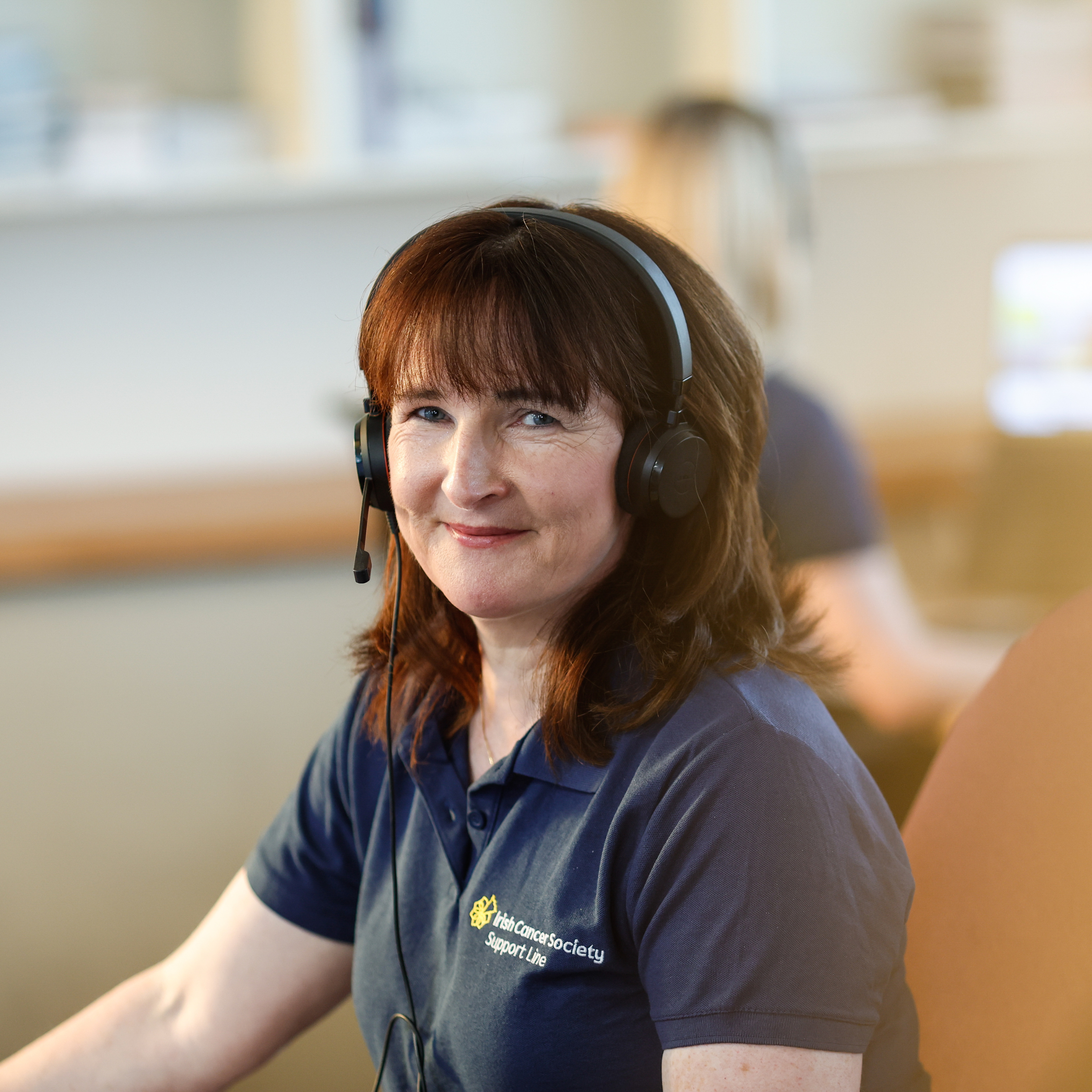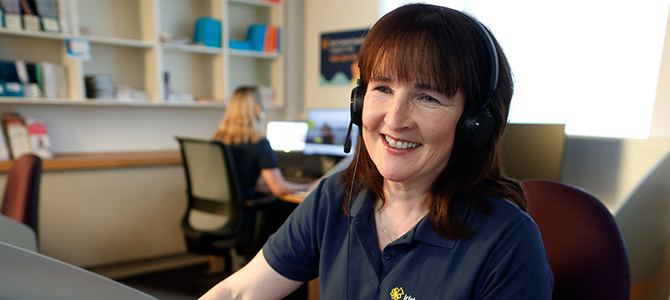Metastatic cancer is a term that usually describes cancer that has spread.
Support for a metastatic diagnosis
If you have been diagnosed with metastatic cancer, we are here to help. Find out more about our supports and resources.

9am-5pm Mon-Fri
9am-5pm
What is metastatic cancer?
Understanding metastatic cancer
Different doctors use different terms to explain a cancer that has spread. Metastatic cancer is often called advanced cancer or secondary cancer. Each of these terms mean the same thing - cancer that has spread to another part of the body. If you're not sure what these terms mean, ask your doctor to explain. You can also ask one of our cancer nurses for advice.
Coping with metastatic cancer
Having metastatic cancer has been described as ‘riding an emotional rollercoaster’ - sometimes you may feel very low, while at other times you may feel very positive and hopeful.
In time, though, most people come through the initial shock and upset and find a way to cope. We have some information to help you with your feelings if you have been diagnosed.
Treating metastatic cancer
Usually treatment for metastatic cancer will be to control the cancer for as long as possible, rather than to cure it. We have more information on treating metastatic cancer.
We're here for you

Frequently asked questions about metastatic cancer
Cancer cells can spread from the original tumour to other parts of your body through the lymphatic system or blood. These cells can then grow in other organs in your body to form a secondary tumour.
Different cancers can spread to different parts of the body. The most common parts of the body that cancer spreads to are the bones, liver, lungs and brain.
A metastatic cancer is named after the part of the body where it began. Even when cancer has spread to a new area, it is the same sort of cancer as when it started. For example, breast cancer that has spread to the liver is called metastatic breast cancer. Or prostate cancer that spreads to the bones will be called metastatic prostate cancer and will be treated with prostate cancer treatments.
Terms explained
If cancer comes back after treatment, this is known as recurrence. The cancer may come back in the same place or a different part of your body. This may happen weeks, months or even years later.
Cancer has already spread from where the cancer started (primary site) when it is first diagnosed.
A cancer has already spread when you are first diagnosed but the doctors are unable to find the primary cancer (where the cancer started).
Locally advanced means the cancer has grown outside the organ it started in but has not yet spread to other more distant parts of the body.
With locally advanced cancer, treatment is still aimed at curing the cancer.
'Mets' is short for metastasis, which means your cancer has spread.
You may hear terms like ‘bone mets’. This means a cancer that has spread to your bones.
If you are confused at all about your cancer, how your doctor describes it or what this means for you, ask your doctor to explain it more clearly. You can also speak to one of our cancer nurses by calling our Support Line on 1800 200 700 or by visiting a Daffodil Centre.



Talk to a Cancer Nurse

Support Line
Our Daffodil Centres


